Not long ago, an article entitled, “Pets Are Not Children, So Stop Calling Them That” appeared on The Cut. The post garnered 929 comments directly to the page, not to mention the countless readers who weighed in on the issue via social media. While many expressed their ability to understand both sides of the argument, the majority of responses drew clear battle lines between the two poles of opinion.
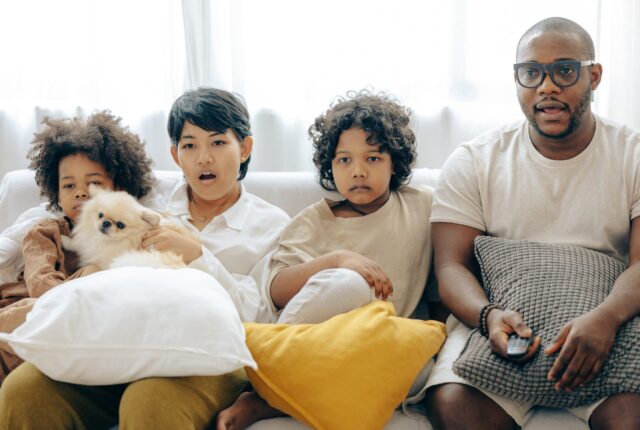
We live in a world where the definition of “parent” has been stretched and redefined over and over again to fit our modern families. With step-parents, birth parents, surrogate parents, adoptive parents, foster parents, and extended family and friends acting as primary caregivers to children, is it really such a crime to allow the most dedicated of pet owners in on the term?
After all, isn’t it the level of dedication to the job that truly makes a parent?
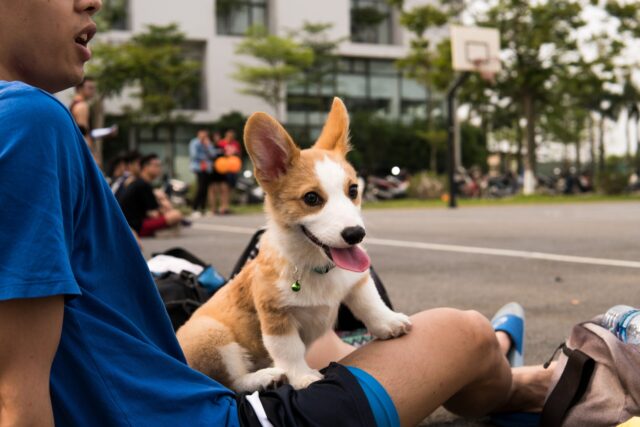
Since this topic certainly seems to touch a nerve, let’s explore The Cut‘s article a bit further using direct quotes from the author.
Point One: “When people call themselves pet “parents,” they’re not just being playful. They sincerely believe that what they’re doing is parenthood.”
A recent study by Rover.com found that 94% of American pet owners consider them part of the family. But just because we cry out “Momma’s home!” when we walk through the door, doesn’t mean we do not understand the difference between having dogs and raising human children!
The author offers no data showing the number of pet owners incapable of seeing that raising a human being is not the same as loving and caring for a pet. Still, he or she describes those who say “pet parent” as perpetuating “a gentle delusion” or experiencing “a retreat from the world.”
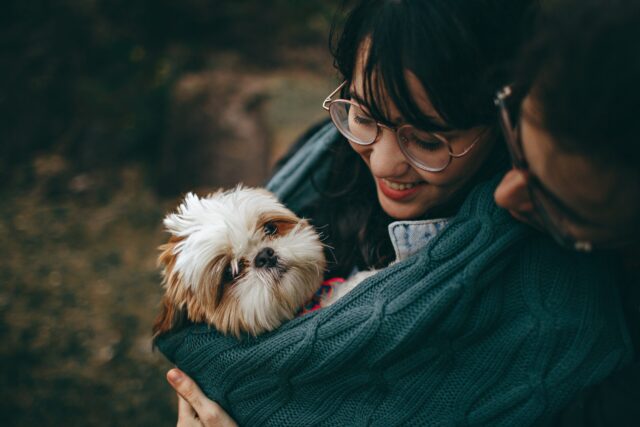
Point Two: “Your pet had a parent, and that parent was not a human being. That parent was another animal…”
Once again, I doubt that this fact is lost on most pet owners. Anyone with even the slightest understanding of biology knows that it was indeed an animal that gave birth to their dog or cat. The author makes the animal vs. human distinction to illustrate his or her opinion that we love our pets because they are not like us, yet we treat them as furry humans.
“We want them to be like us, but more static and predictable. Something we can control,” he/she writes.
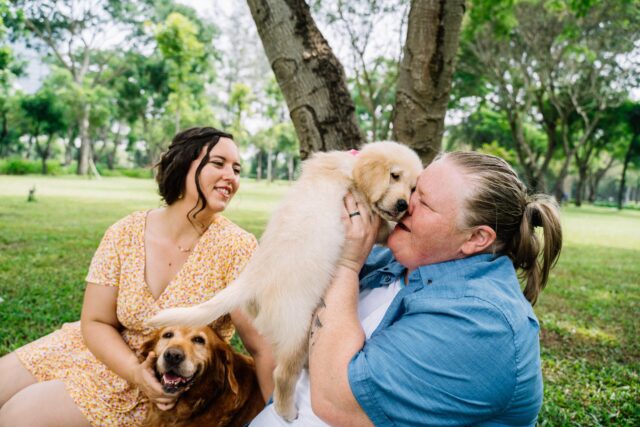
Point Three: “Pets don’t change. Your pet may slow down as it ages, but, otherwise, the time you spend with it will always be the same.”
This seems to be the major crux of the argument for the author, and one that he or she fleshes out with the following statement about children:
“In stark contrast to pets, children are always trying to outgrow, outflank, and outsmart their parents. Children are cunning and devious, with long memories and big plans. They don’t just grow, they develop.”
Pets never betray you, the author notes, but the same certainly cannot be said for humans – least of all the ever-changing adolescent variety!
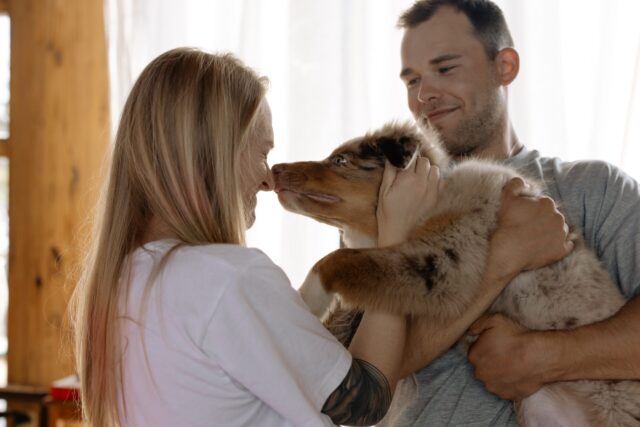
Point Four: “We should remember that pets are extensions of us. We keep them to meet our needs, not theirs.”
Some people may add a pet to their household on a selfish whim, but for others, caring for the abused, abandoned and unloved animals of the world is a calling they cannot help but answer – often at the expense of their carpets, wallets, sleep and sanity!
Saying that those who opt to have pets instead of children are simply trying to “meet their own needs” is a massive generalization. Not everyone who reproduces is worthy of the title “mom” or “dad,” and not all who have pets are worthy to be called “pet parents”!

Point Five: “You can’t “parent” a pet because you aren’t teaching it how to leave you and become an independent being. Your pet is stuck with no choice but to love you.”
The author goes on to suggest that our pets “love” us because we are their source of food, shelter and safety. While this is certainly true, anyone who has experienced the love of a pet knows that it goes far deeper than just survival instinct.
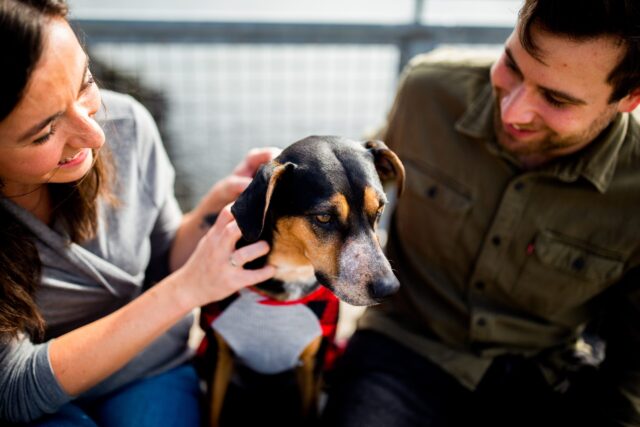
Point Six: “We now prefer the simulation to reality, where having a pet is like playing with a living doll, a chance to enjoy the activity and ritual of parenthood without any of the purpose, consequences, or hard work.”
Our dogs and cats fill us with a huge sense of purpose and they are certainly hard work! Is a dog mom a parent in the same sense as the mother of a human child is? Absolutely not! There are clear differences in the responsibilities and standards of each job, but saying that pet ownership lacks “purpose, consequence, or hard work” is simply not true.

If you take biology out of the picture, the words that come to mind when I hear the term “parent” are unconditional love, nurturing, responsibility, devotion, sacrifice, purpose… Sound like anyone you know?
You may read The Cut‘s full article here. Please let us know how you feel about this buzz-worthy topic in the comments!
Featured Image via Flickr/BrightEyedMedia
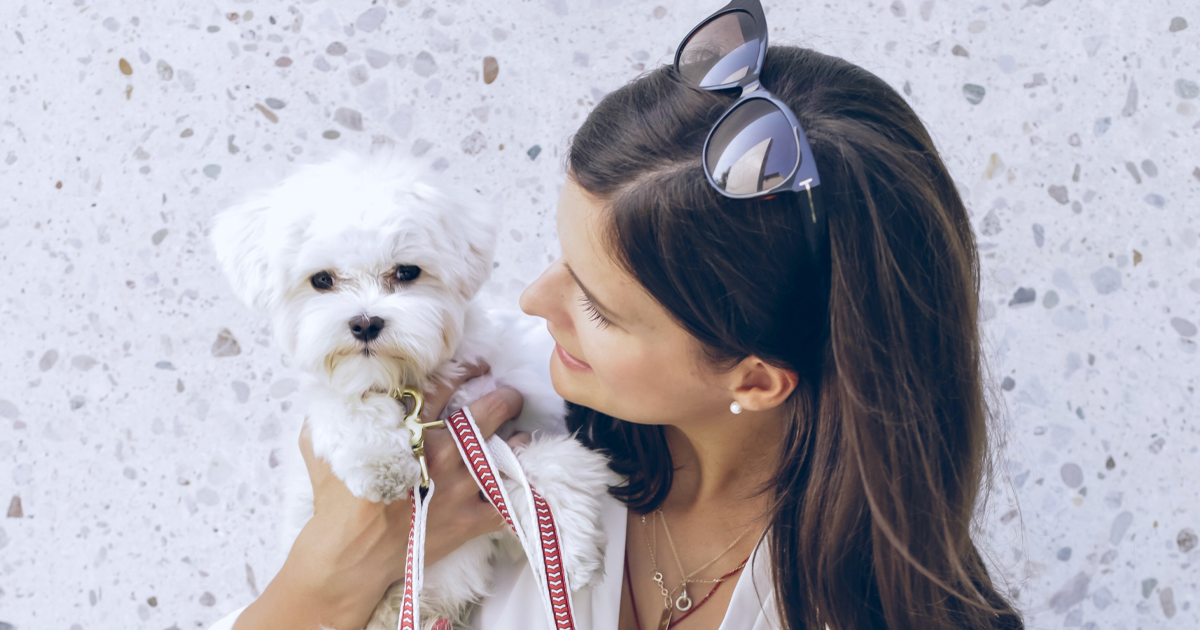
4 Comments